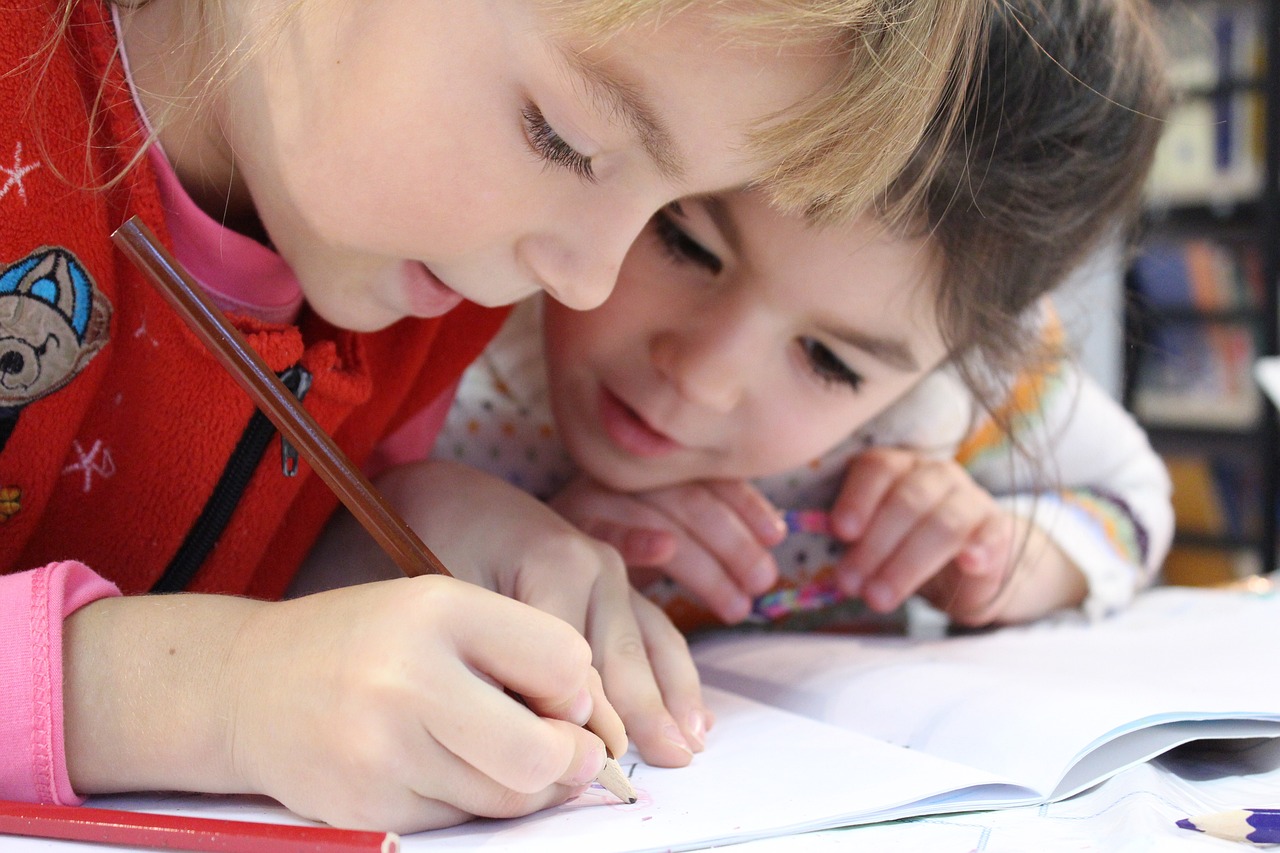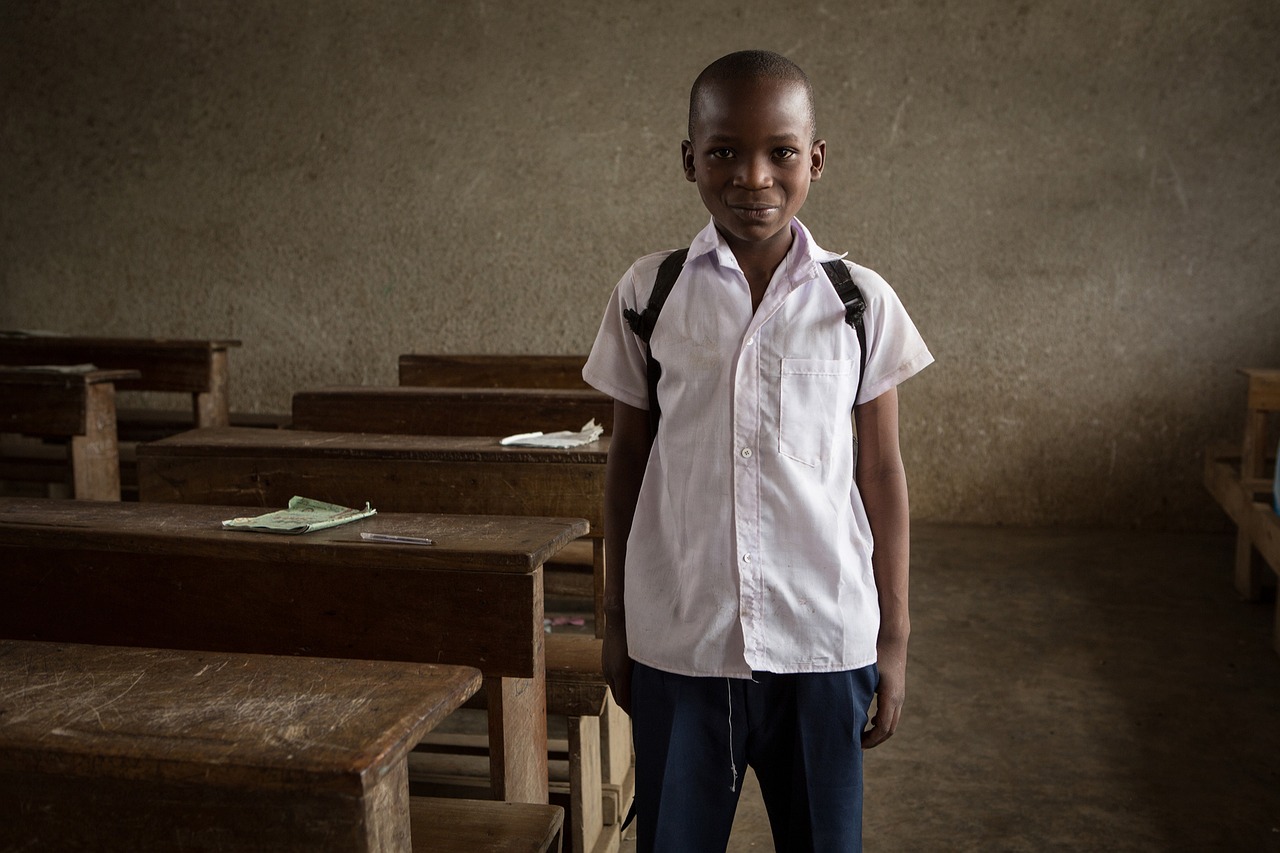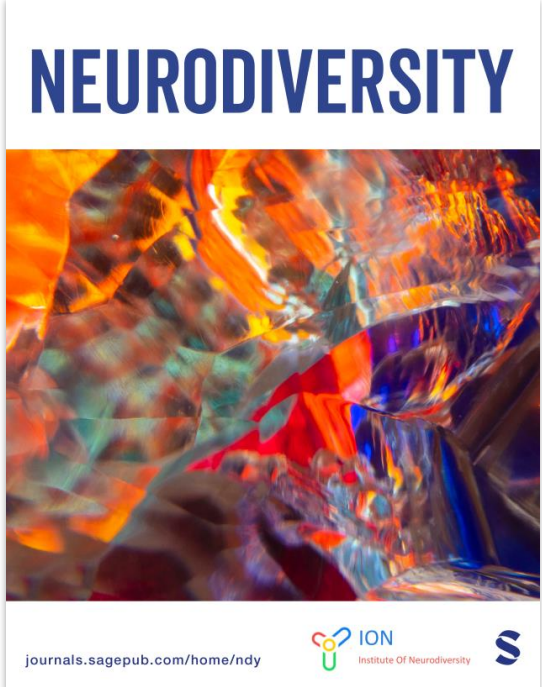Join the #SchoolsIN Campaign: Calling All Parents and Schools, Let's Build Neuroinclusive Futures!
Schools are vital in shaping environments where every child can thrive, especially those who think differently. The Institute of Neurodiversity’s Open Letter to Schools is a powerful resource to inspire action. It highlights simple yet impactful ways educators can nurture inclusive spaces for neurominorities.
Whether you’re a parent advocating for your child’s needs or a teacher passionate about embracing every learner’s potential, signing this letter shows your commitment to progress. Join the movement today and help make schools places of belonging for all.
Join in as a school: Sign up to the declaration and pledge, as a school
As a parent, carer, or ally: Read out open letter to schools and download the resources for your own use.
OUR SCHOOLS
It is important for schools to employ methods of universal design to incorporate neurominority learners because it promotes inclusivity and ensures that all students have access to the same opportunities to learn and succeed. Universal design involves designing learning environments, materials, and teaching methods in a way that is accessible and effective for all learners, including those with diverse needs and abilities. By incorporating universal design principles, schools can create learning experiences that are flexible and adaptable to different learning styles, abilities, and needs. This can help neurominority learners, who may have challenges in areas such as attention, executive functioning, and sensory processing, to access and engage with the curriculum in a way that works for them. Additionally, universal design benefits all students by promoting equity and reducing barriers to learning, which can improve academic outcomes and overall well-being for all learners


Neurodiversity in Education
ION is bringing educational establishments around the world together to connect, share and learn about different practices in educating and employing neurominority people.
Neurominority ION members will participate to add their personal input, experiences, and thoughts around neurodiversity in education.
By bringing institutions together we also believe research opportunities will be created that will improve the educational environment for neurominority people and thus for everyone. By doing so, we are contributing to the following UN Sustainability Goals – 4, 10 & 17
Why? To improve education and employment for ND individuals, Primary / Secondary / Further
Who? Academic staff / Educators / Employees of educational establishments / Special needs
educators / Students / ION ND members
When? We conducted our Global launch on International day of Education 24th January 2023
How? Global network connecting participating institutions
- Employee Resource Group
- Student networks
- Global knowledge share
- Neurodiversity In Education events
- Research creation

Education is a Human Right, a Public Good and
a Public Responsibility

Become a member of ION
Join our global community, as we collaborate in creating systems, spaces, access, and equity for the NEUROCOMMUNITY across the world.

The Neurodiversity Journal by SAGE
The Journal of Neurodiversity, launched in 2023 is a partnership piece of work by Sage publishing and ION. This is an international, peer-reviewed, open-access, online-only journal dedicated to the rapid publication of interdisciplinary research on neurodevelopmental differences and neurominorities.
We invite submissions from a wide range of fields, including (but not limited to) Psychology, Psychiatry, Neuroscience, Sociology, Epidemiology, and Education. The journal welcomes both fundamental research and more applied studies.
Sage is strong advocate of open research, we encourage submissions that provide open access to materials, data, and analysis code. Additionally, we particularly support research co-produced with individuals from neurominority communities or other stakeholders, such as parents and teachers of neurominorities.
Read the latest articles and consider how you could participate by visiting the online library.

